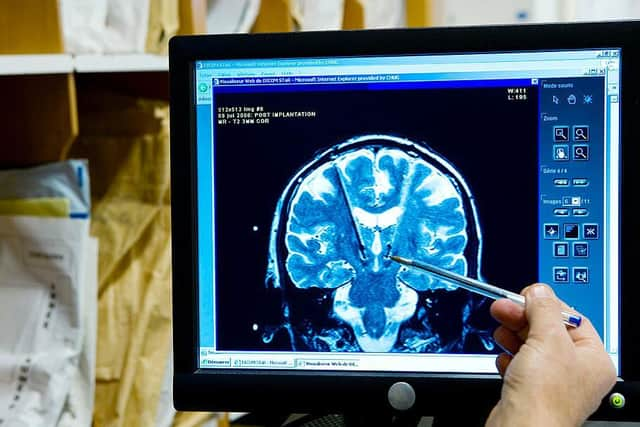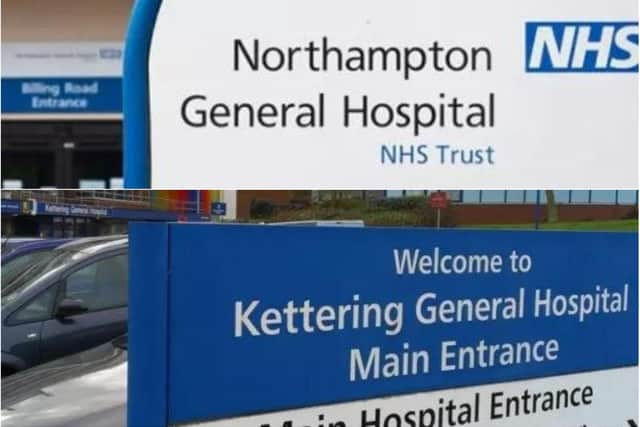Tens of thousands missed out on life-saving cancer scans at Northamptonshire hospitals this year
and live on Freeview channel 276
Tens of thousands of people missed out on potentially life-saving scans at Northamptonshire hospitals when non-Covid NHS services were cancelled during the pandemic.
Northampton and Kettering hospitals carried out 71,610 fewer scans between April and September compared to the same period in 2019, analysis by the BBC Shared Data Unit, which this newspaper is part of, found.
Advertisement
Hide AdAdvertisement
Hide AdThe drop of 28.6 per cent is better than the national average but experts believe the pandemic has exposed flaws in the NHS' ability to diagnose serious conditions.


Meanwhile, 19.5 per cent more patients at both hospitals were waiting more than six weeks for a scan in October compared to the same month last year - or 2,665 people in total.
NHS England and professional bodies defended the figures by insisting hospitals were forced to cancel elective appointments to limit the spread of the virus among patients.
British Institute of Radiologists vice president Dr Nick Screaton said the unprecedented emergency of coronavirus brought pressure which has never seen before in hospitals.
Advertisement
Hide AdAdvertisement
Hide Ad"That resulted in a marked reduction in the number of patients coming in for outpatient services," he said.


“We needed to make sure we had enough inpatient capacity. Wards were also taken over with covid patients, doctors and nurses were redeployed.
“Imaging staff were, to a degree, redeployed, or were off having to isolate.
"At the same time, patients were reluctant to come into hospital because of the concern about catching Covid."
Advertisement
Hide AdAdvertisement
Hide AdKGH undertook 37,990 fewer scans, a decrease of 30.35 per cent, while NGH carried out 33,620 fewer scans, a reduction of 26.86 per cent.
The Northampton hospital had a worse record for scan waiting times though with 27 per cent of patients waiting over six weeks in 2020 compared to two per cent in 2019.
Kettering General had a 13 per cent increase in the number of people waiting over a month and a half for a scan this year compared to just one per cent 12 months ago.
The scans include numerous different tests as well as CT and MRI screenings, which are vital in the early discovery of diseases like cancer.
Advertisement
Hide AdAdvertisement
Hide AdCancer Research UK head of early diagnosis Jodie Moffatt said: "We are very concerned about the impact the virus will have on cancer.
"The length of time people are waiting for a scan will be having a negative impact on their diagnosis.
“Those patients could be diagnosed with a more aggressive, later-stage cancer. That will limit the treatment options available to them also.
“There is a cohort of patients out there that have not been diagnosed yet - and who knows what state they will be in when they are.”
Advertisement
Hide AdAdvertisement
Hide AdDr Screaton and others believe a historical lack of staff, as well as a shortage in CT and MRI scanners, has been exacerbated by Covid-19.
An NHS England spokesman said: “Despite rapidly rising Covid hospitalisations, CT scans are now back to the same levels as last year, while MRI scans are back up to 88 per cent compared to last October and the NHS has bolstered its diagnostic capacity by securing a deal with the independent sector to provide 34 mobile CT scanners across the country.
“At the height of the first wave, some people chose to postpone care, but since then hospital admissions have rebounded, non-urgent treatment has increased by 300 per cent between April and September and GP appointments are now operating at well above usual levels, while the NHS message to the public remains the same – come forward and get the care you need.”